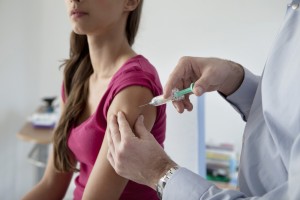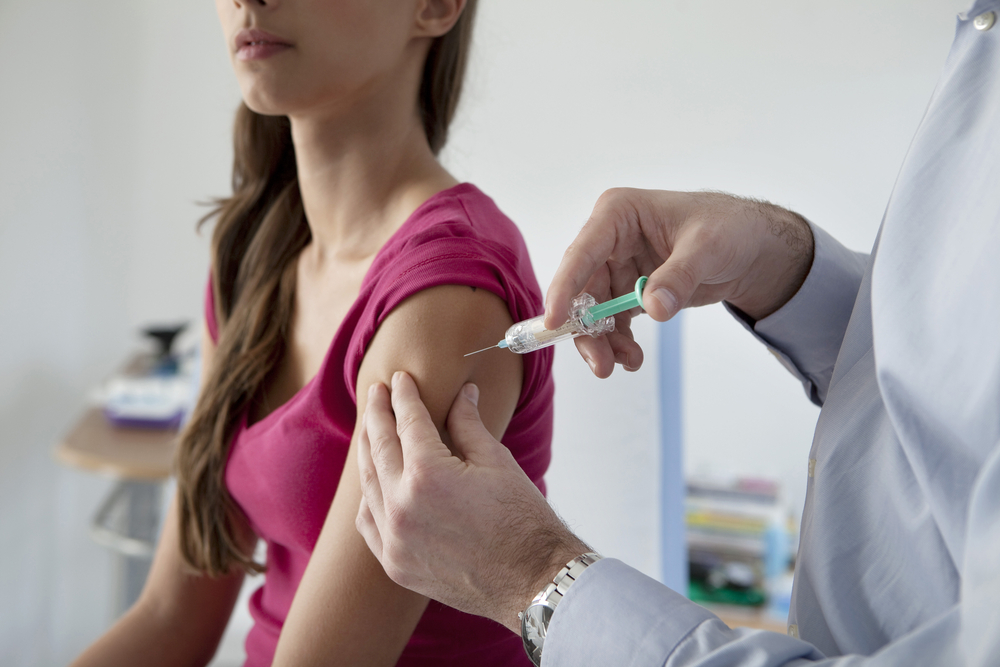 TapImmune Inc. has reported that analysis of the interim data from the first 13 patients of its Phase I clinical trial, show that every patient developed an enhanced T-cell immune response specifically against a set of 5 naturally processed folate receptor alpha Class II antigenic epitopes.
TapImmune Inc. has reported that analysis of the interim data from the first 13 patients of its Phase I clinical trial, show that every patient developed an enhanced T-cell immune response specifically against a set of 5 naturally processed folate receptor alpha Class II antigenic epitopes.
Folate receptor alpha is expressed in almost 50% of breast cancers and in over 95% of ovarian cancers.
In both of these cases, the only treatment option remains surgery and chemotherapy, raising a clinical need for a new type of therapy.
The majority of these subtypes of ovarian and breast cancer, have a high rate of recurrence, with a very low survival prognosis.
TapImmune designed a Phase I clinical trial whereby 8 women with Stage II-III HER2-negative breast cancer, 13 women with ovarian cancer and one with fallopian tube cancer, received multiple epitope Folate Receptor Alpha peptide vaccine in combination with cyclophosphamide (a prodrug used in chemotherapy), with the objective of assessing safety, specific T cell responses and time to disease recurrence after vaccination.
Researchers observed that all patients mounted a specific immune response and, importantly, all five constituent peptides were immunogenic.
TapImmune’s PolyStart technology is a unique vaccine platform Antigen Expression Systems that can enhance the presentation of the desired peptide on the surface of the cell for killer T cells to recognize and kill, creating a 4 fold increase in antigen presentation.
[adrotate group=”3″]
TapImmune said that all patients have already completed their vaccinations, and the company now intends to present a Phase II advancement plan later this year, with an application for Orphan Drug Status and a possible U.S. Food and Drug Association (FDA) Fast Track designation.
Glynn Wilson, TapImmune’s CEO stated in a company’s press release “In general, the vaccine has been well tolerated. This is the first positive endpoint we have reported for the clinical study on folate receptor alpha antigens and when taken together, the promising data on safety and immune responses are tremendously encouraging and provide a clear scientific rationale for progressing to a Phase II Clinical Trial. In addition to the primary Ovarian indication, this set of antigens and our approach fills a significant need for treatments for difficult to treat cancers for which targeted therapies are not available, for example Triple-negative breast cancer.”
The ongoing Phase I trial is being conducted at the Mayo Clinic, Rochester, MN.

